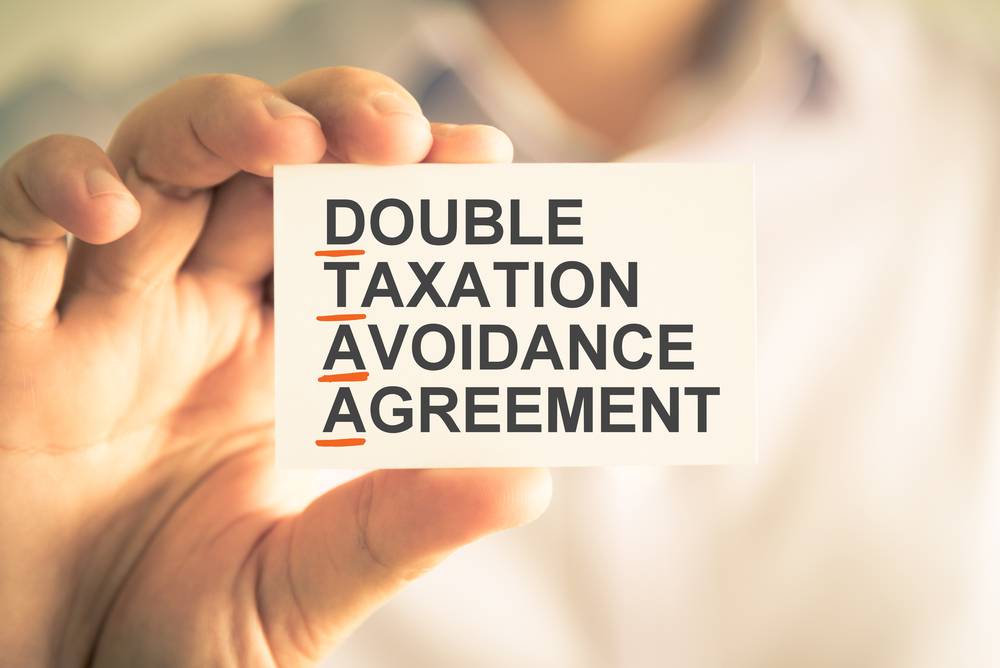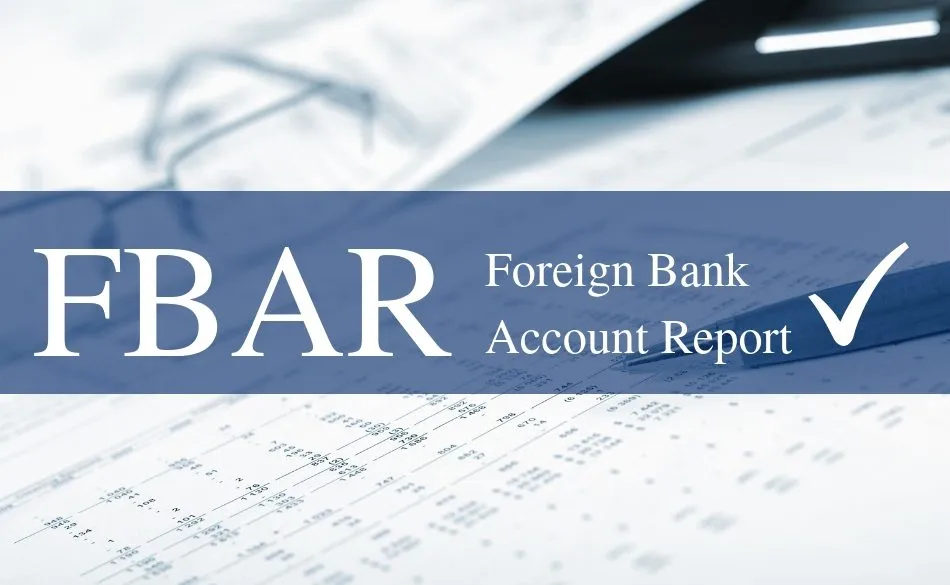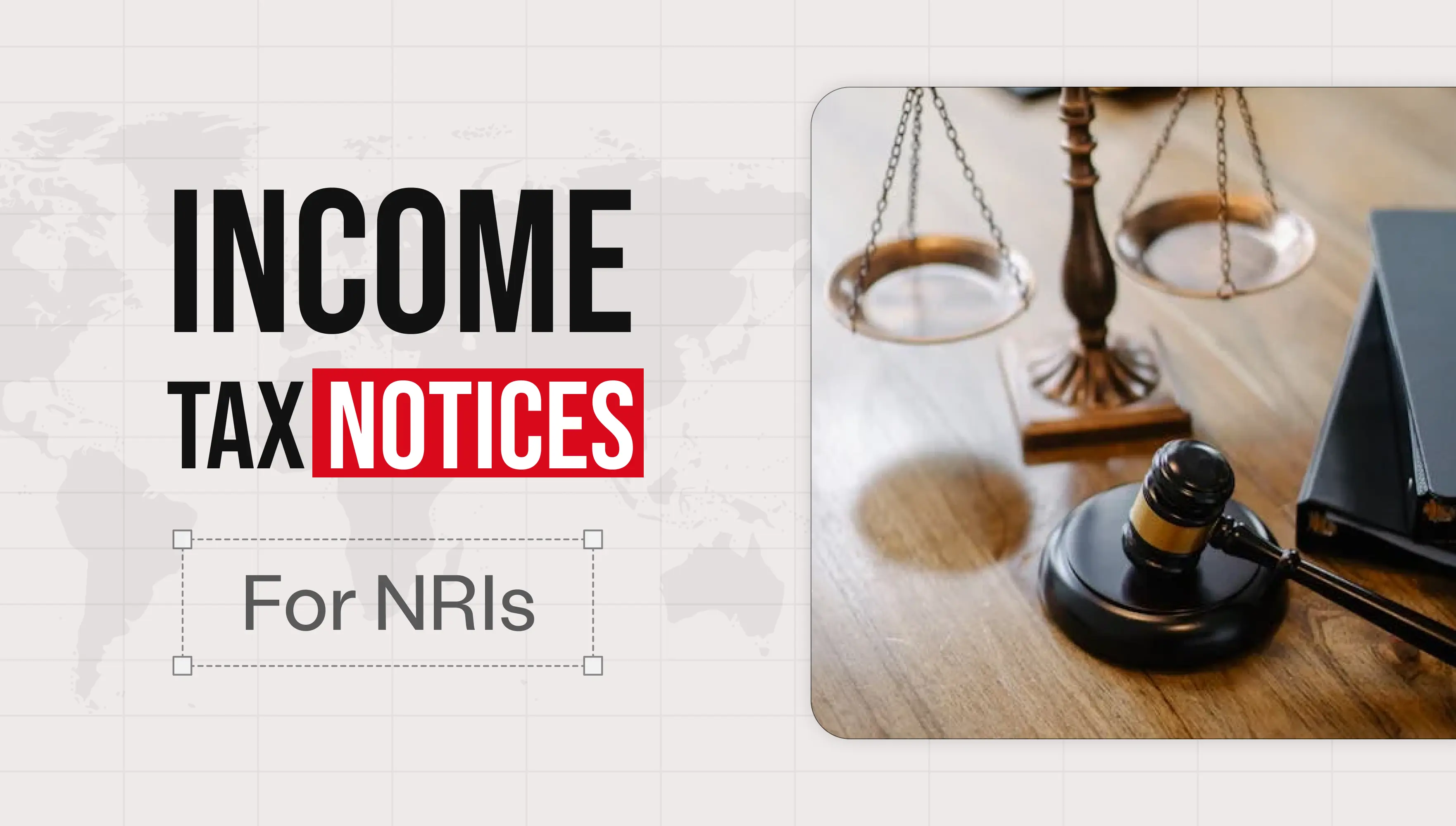 WhatsApp
WhatsApp
 Call Us
Call Us
 Email Us
Email Us
 Whatsapp Community
Whatsapp Community

The Double Taxation Avoidance Agreement (DTAA) between India and the UK is a vital framework designed to promote cross-border investments, eliminate double taxation, and foster economic collaboration between the two nations. For Non-Resident Indians (NRIs) and businesses operating in both countries, understanding this agreement can significantly reduce tax liabilities and improve compliance.
This guide will delve into the importance, scope, provisions, and applicable tax rates under the DTAA between India and the UK, providing clarity for taxpayers aiming to maximize their benefits.
The DTAA between India and the UK was signed on October 26, 1993, establishing rules to eliminate double taxation on income earned in either country. The agreement is applicable to individuals, companies, and entities operating across India and the UK.
For instance, NRIs residing in the UK can avoid paying taxes on the same income in both countries by leveraging this treaty with the help of DTAA consultancy. The DTAA consists of 28 detailed articles outlining specific taxation provisions, offering relief on TDS, tax credits, and exemptions.
The India-UK DTAA is crucial for taxpayers in both countries for the following reasons:
The UK income tax return for NRI is influenced by the provisions of the DTAA, which covers several taxes in both countries:
In the United Kingdom:
In India:
The DTAA ensures comprehensive coverage for taxpayers with the following key areas:
Dividends (Article 11):
Interest (Article 12):
Royalties and Technical Services (Article 13):
Taxation of Capital Gains Under DTAA
Capital gains are generally taxed as per the provisions of the domestic laws of India and the UK unless specifically exempted under the treaty. Gains from air transportation and shipping contracts (Articles 8 and 9) are often eligible for relief.
To claim tax relief under the India-UK DTAA, ensure the following documents are in order:
Q1: Is income earned in India taxable in the UK?
Taxation depends on the individual's residency status. If a taxpayer is a resident of the UK, foreign income (including Indian income) may be taxable in the UK, except where a permanent home exists in India.
Q2: How are salaries taxed under the India-UK DTAA?
Salary income is taxed in the country where the services are performed. Relief may be claimed under the DTAA to avoid double taxation.
Q3: What is the taxation rate for royalties under DTAA?
Royalties are taxed at a maximum rate of 15% under the treaty.
Navigating the complexities of the India-UK DTAA can be challenging. From understanding TDS rates to capital gains relief, leveraging the treaty effectively requires professional guidance. Our expert team can help you optimize your tax liabilities and ensure compliance with the treaty provisions.
For tailored NRI tax advisory services or assistance in claiming DTAA benefits, Contact Us Now!







Stay in the loop, subscribe to our newsletter and unlock a world of exclusive updates, insights, and offers delivered straight to your inbox.